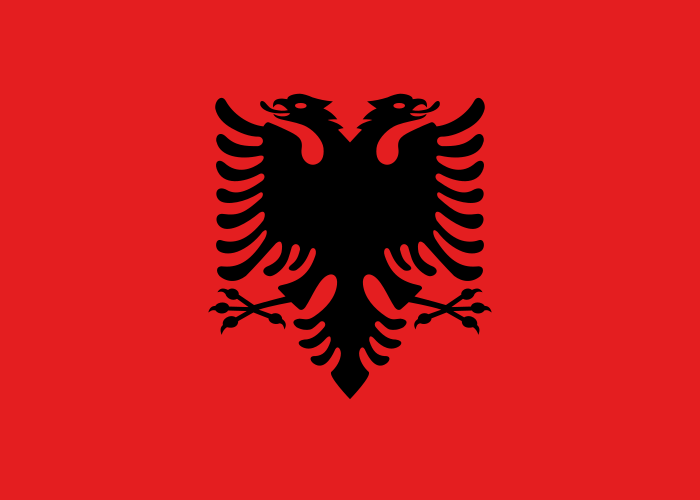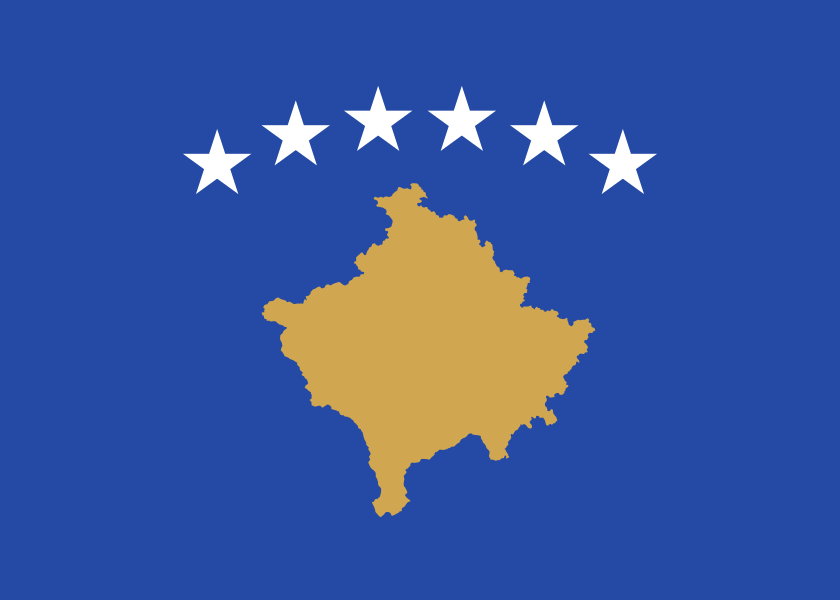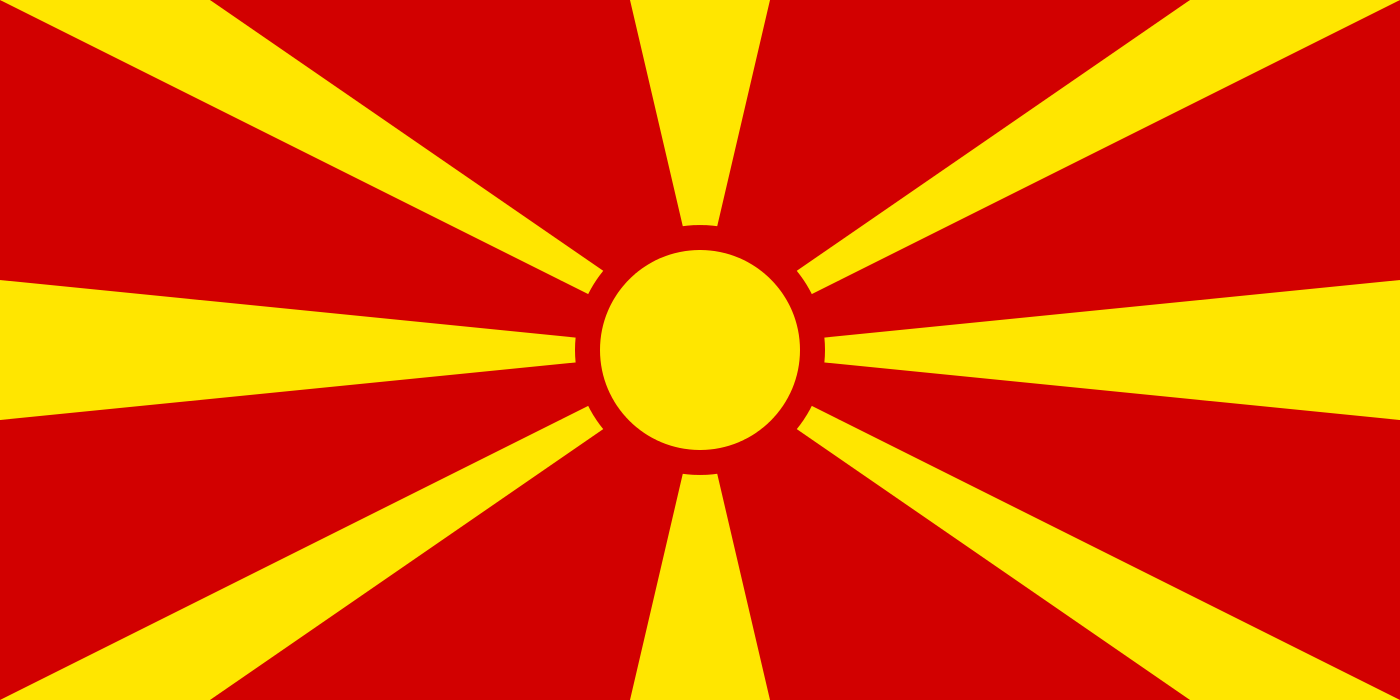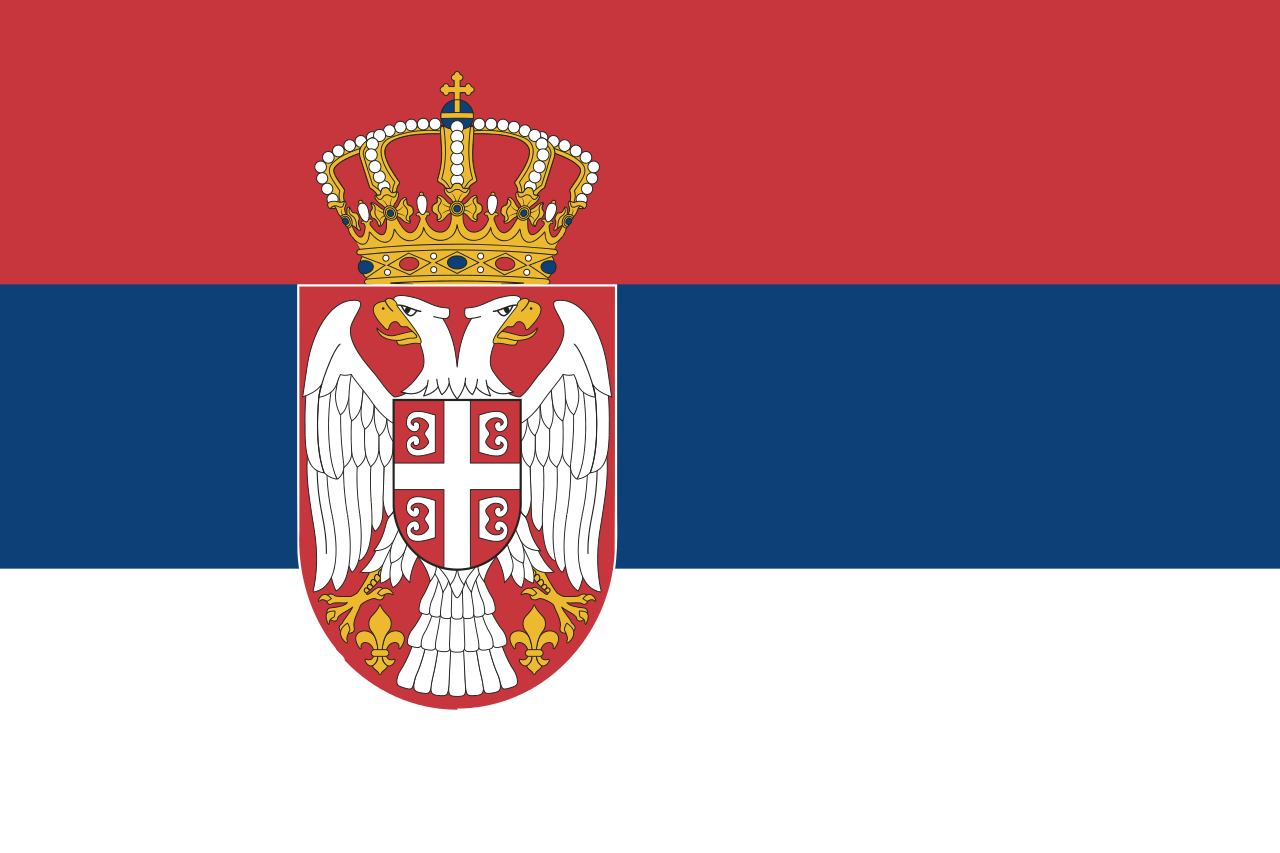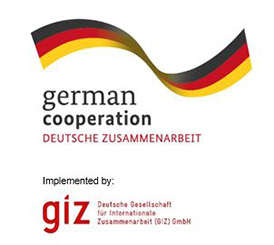Green Agenda: Decarbonisation of the Electricity Sector in the Western Balkans
Beneficiary Countries:
Short description of the overall project
Most of the electricity in the Western Balkans is generated by outdated coal-fired plants that are key polluters and CO2-emitters: Over 50 per cent of the region’s CO2 emissions are attributable to this. Although renewable energy – for example from wind or the sun – is on an upward trend in the region, it still amounts to just 10 to 20 per cent of the electricity mix on average.
This is due not only to a hesitance to invest but also to technical and regulatory issues that must be resolved before larger volumes of renewables can be fed into the grids. Equally important is the need to increase demand for renewables and gain the support of the population and the energy sector for the energy transition.
The project builds capacity throughout the Western Balkans and provides access to state-of-the-art expertise on innovations in the electricity sector. It also promotes technological advances by improving the legal framework for increasing the use of renewables
Short description of activities financed by the donation
The project builds capacity throughout the Western Balkans and provides access to state-of-the-art expertise on innovations in the electricity sector. It also promotes technological advances by improving the legal framework for increasing the use of renewables.
To stimulate interest in the construction and operation of renewable energy plants and grids and bring sufficient skilled workers on board, the project supports the expansion of appropriate initial and further training opportunities.
The main partners are grid operators, regulatory authorities, energy ministries and networks and organisations for vocational training in the region. As a regional project, the focus is on disseminating fundamental principles on the reforming of the energy sector that can be used in as many Western Balkan countries as possible.

